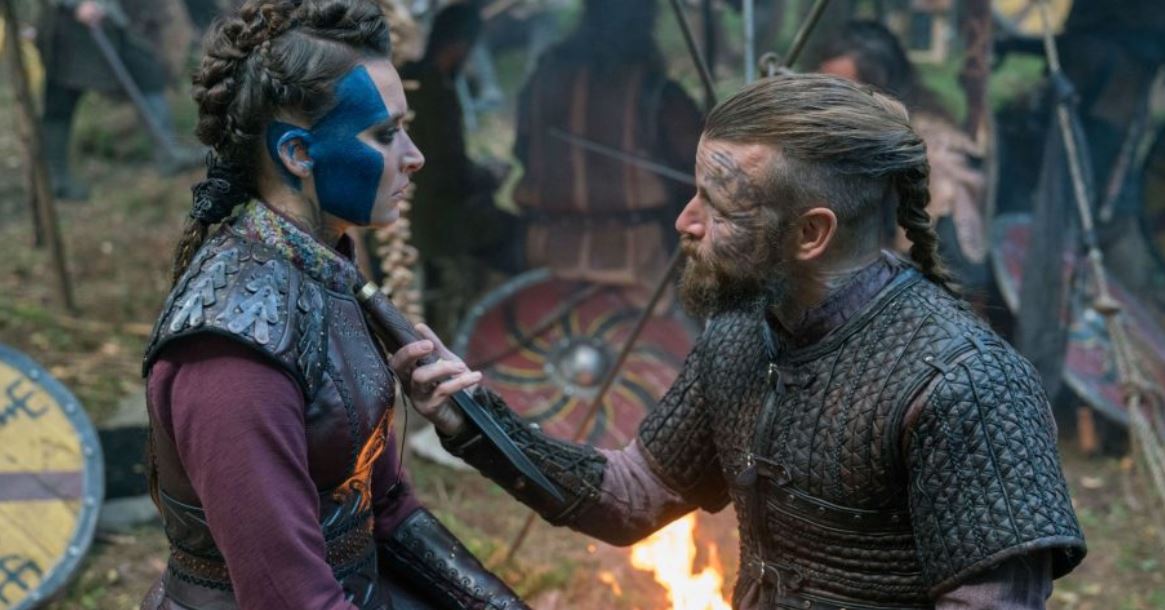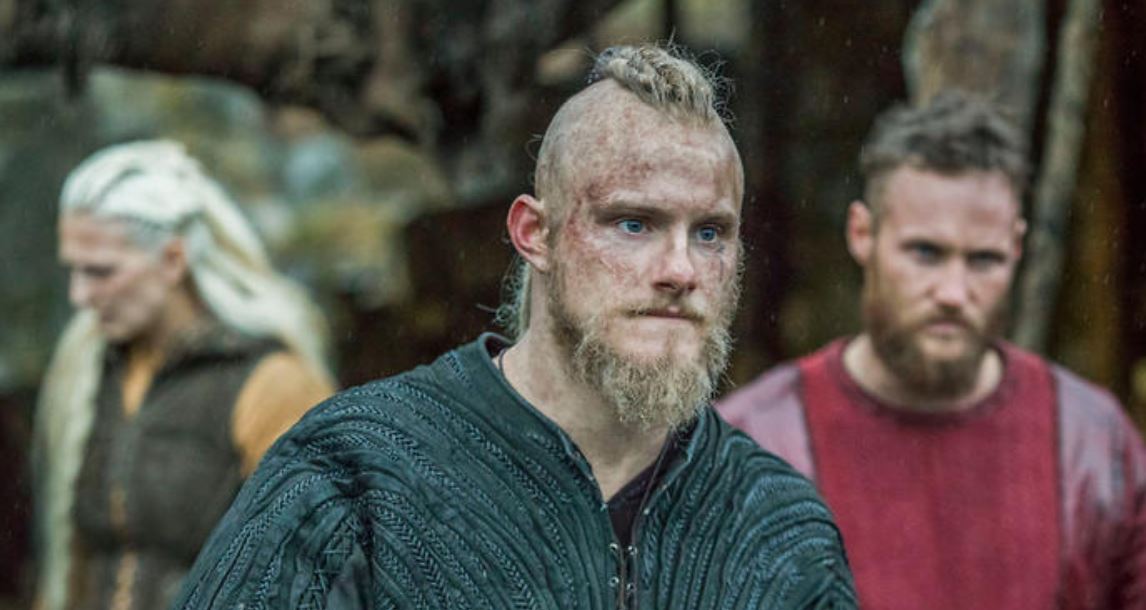WHAT WE LEARNT FROM VIKINGS ABOUT SURVIVING SIBLING RIVALRY
WARNING- Some not so vague spoilers ahead. Proceed with caution if you are not up to date with Vikings Season 5, Part 2.
The season finale of Vikings Season 5 Part 2 earlier this year left most of us SHOOK. Despite wishing certain villainous individuals had met an untimely end, the historical drama series ended on a bit of a high note (thank the Allfather!).
Part 1 and 2 has seen brother be pitted against brother as darkness descends and the era of Ragnarok begins. There is nothing so unfortunate to befall a character in Vikings as discovering that you are ‘a brother from another mother’ to Ivar the Boneless. After Ragnar sewed his wild oats for four seasons, he left a string of blood thirsty sons in his wake and the finale’s Battle for Kattegat brings some of the remaining siblings together again.
The complexities of sibling relationships are explored in the rather murderous way of- well, murder. Here are a few words of advice we learnt from Vikings on how NOT to murder your brother or sister, if you relate too strongly to the urge to go to war with them:
- Remember that everyone has different relationships with their parents, including your siblings. People are constantly changing- for instance, your parents were different people when each of your siblings entered the world and met them. In the Vikings, this is true in the literal sense, but we already knew all the brothers needed a lesson in empathy.
- Siblings who always want to one up you, even in adulthood (think “Nuh nuh nuh, my castle s bigger than yours!”), can be difficult. You may need to change your own interactions to facilitate a healthier relationship with them, such as finding common ground or interests to replace competition. Imagine the outcome if ole snake eye, Sigurd, had said “You like throwing axes, I like throwing axes. Why don’t we throw some axes at a tree together?”, instead of at his brother’s face.
- Don’t play along with the competitive nature of your siblings. There is clear child favouritism and a scarcity of motherly love in the families of the Vikings, where sibling competition is derived from childhood feelings of insecurity. In today’s less brutal world, however, you can make the choice to simply don’t engage further if you’ve had enough of meaningless arguments with your siblings. Chances are that you will feel better for it.
Fast facts on sibling rivalry:
- Siblings have been trading blows since God first played favourites with Cain and Abel.
- Siblicide is common among birds of prey, including tawny eagles, brown pelicans and kittiwakes. A Pacific Ocean seabird known as the blue-footed booby pecks at its siblings and pushes them out of the nest to die of starvation while the parents stand idly by. A baby black-crowned night heron in Minnesota was twice observed swallowing the entire head of a younger nestmate until it went limp and looked close to death. Embryonic sand tiger sharks eat one another while they’re still in the womb.
- Piglets are born with a special set of temporary “needle teeth” to attack their littermates in the struggle for the mother’s prodigal frontal teats; the runts kicked back to the hind teat sometimes starve on its thin milk.
- In 1980, when the sociologist Murray Straus of the University of New Hampshire published “Behind Closed Doors,” a ground-breaking national study of family violence, he concluded that the sibling relationship was the most violent of human bonds. Judged strictly by counting blows, he was right: Dr. Straus and his colleagues found that 74 percent of a representative sample of children had pushed or shoved a sibling within the year and 42 percent had kicked, bitten or punched a brother or sister. (Only 3 percent of parents had attacked a child that violently, and only 3 percent of husbands had physically attacked their wives.)
Own the next saga, Vikings Season 5 Part 2 new to Blu-ray & DVD May 22.










